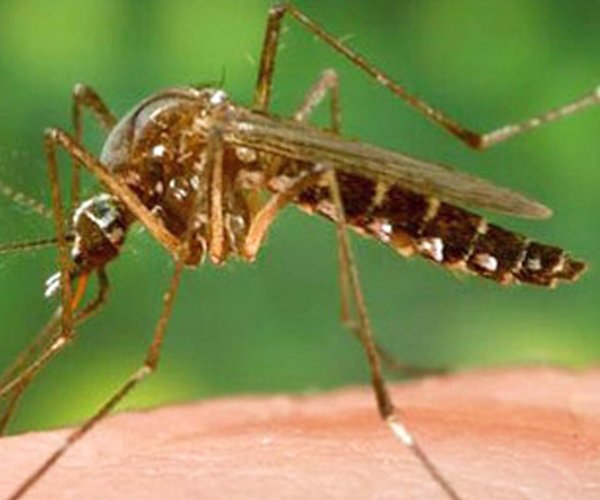Farmers versus salmon: That is the issue. At Tuesday's Turlock Irrigation District Board of Directors meeting, the State Water Board's recent proposal to divert water from the Tuolumne and Merced watershed to help the Chinook salmon received angry outbursts from TID directors and community members alike.
“They can have our 35 percent flow, but they can pry it from our cold dead hands,” said TID Director Rob Santos; a comment which received a series of applause from the audience.
The State Water Board San Joaquin River Flow Proposal plans on reducing annual irrigation diversions from the Merced, Tuolumne and Stanislaus River, and dedicating 35 percent of unimpaired flow towards benefiting the Chinook salmon.
The Tuolumne River would be looking at a two-thirds reduction to water delivery and would require 210,000 acres of farmland to be left uncultivated in dry years, losing up to an estimated $187 million a year in agricultural income. Job losses are speculated to be between 14.5 to 17 percent in Stanislaus County, and 15.7 percent in Merced County thanks to the proposal, which would sacrifice up to 300,000 acre-feet of water annually between Modesto and Turlock’s irrigation districts.
One hundred farms in Turlock alone would be lost to the cause, as well as approximately 700 other farms within the region. Pumping groundwater will also increase energy costs for the public.
“How can you keep a straight face when they tell you this,” Santos said. “This is ludicrous.”
Everyone at the TID meeting Tuesday morning was in agreement that the river flow proposal would be devastating for local growers, losing approximately 1,200 jobs in dry years in the Central Valley.
In 2012, only 2,969 out of 68,650 Chinook salmon made the 25 mile cross over in the lower Tuolumne River between Waterford and Grayson. Their main problem however was not water flow, but predation problems. The fish were swiftly eaten before they could complete their journey, San Joaquin Tributaries Authority General Counsel Tim O’Laughlin stated.
Even if the proposal is implemented, it's not certain the outcome would actually benefit the Water Board’s objective. No scientific analysis supports the Water Board's decision, and is not expected to help control the Chinook salmon’s population based on the San Joaquin Tributaries Authority considerations.
As it stands, diverting water to help the Chinook salmon is required under the Federal Energy Regulatory Commission's Water Quality Certification.
Diverging water from the Stanislaus, Tuolumne, and Merced River is just phase one of the proposal. Phase two sees water diverted from Sacramento’s water supply.
Other members of the audience at Tuesday's TID board meeting gave passionate speeches about their right to water, a stable economy, and life. Though this proposal was silenced in the past, O’Laughlin believes that it will continue to be discussed eight to 10 years from now if the proposal is not passed this year. He believed that it was up to the public to stop “the madness.”
TID’s Public Information Division Manager Michelle Reimers has already implemented local outreach through chambers of commerce, Latino commissions, and Rotary Clubs within the region. An active campaign is in the works, and TID is attempting to notify the public through their mailing list. Unsolicited comments can also be left on the State Water Board’s website.
The public is encouraged to write letters or make calls to local legislators and government offices in order to stop the proposal in its tracks.
“The power is in the people,” said TID Board President Michael Frantz. “I do believe with people such as yourself, good things will happen.”





